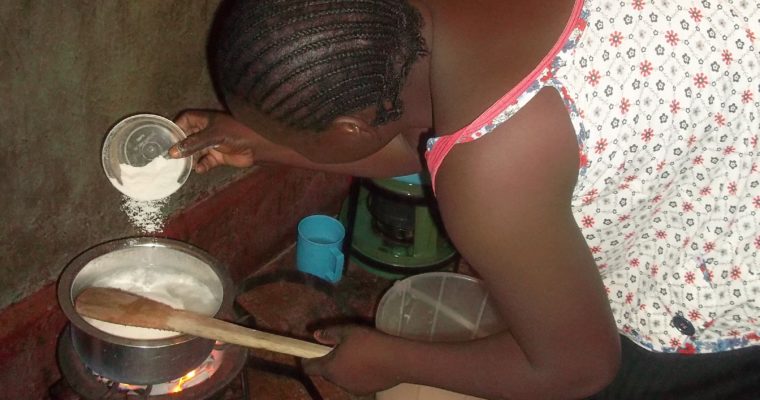“If there is no water, we cannot feed our children”: The far-reaching consequences of water insecurity on infant feeding practices and infant health across 16 low- and middle-income countries was accepted for publication in the American Journal of Human Biology last week. Led by Dr. Roseanne Schuster (Arizona State University), Margaret Butler (Northwestern University) and Dr. Sera Young, this project qualitatively examines the perceived impact of household water insecurity in four domains: (1) breastfeeding, (2) non-breastmilk-feeding, (3) caregiver capabilities, and (4) infant health. The study’s findings suggest that water presents many, and sometimes unexpected, challenges to infant feeding and that improvements to water security can be leveraged to improve child health and nutrition around the world.
Water insecurity presents challenges to infant feeding across diverse settings: findings from HWISE

Leave a Reply